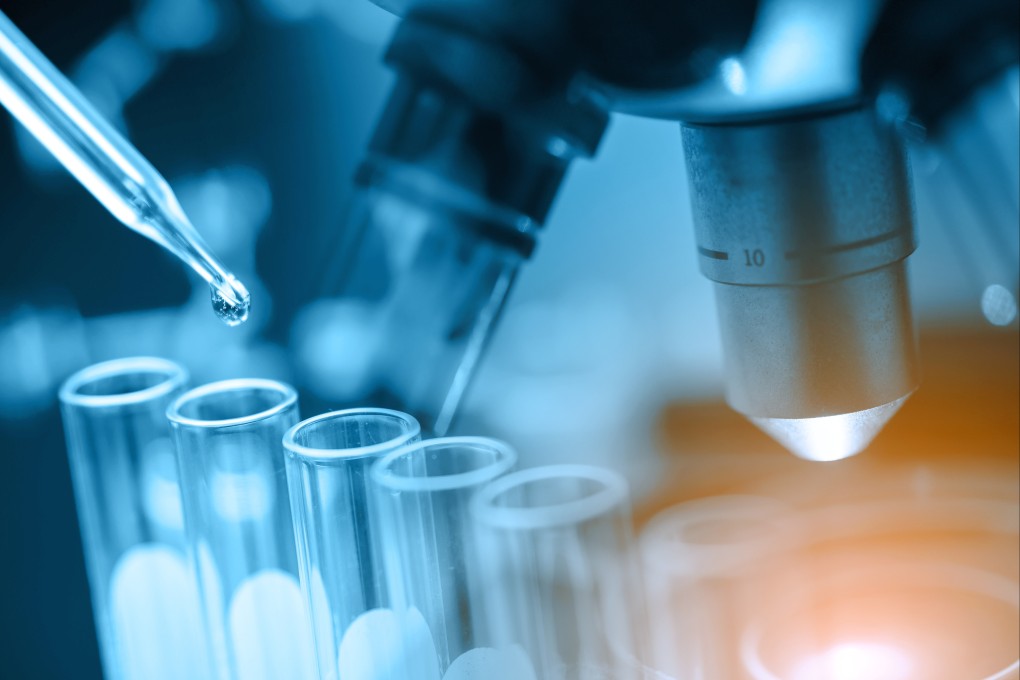Opinion | How lack of medical research regulation raises risk of fraud and harm
- At a time of higher scrutiny over the ethics of medical experiments, reports on new breakthroughs highlight gaps that could be exploited
- Experts must put their heads together to develop a comprehensive ethics code that is universally applicable as health research advances at warp speed

The device, a tweet by the University of Otago in New Zealand clarified, “is not intended as a quick or long-term weight-loss tool; rather, it is aimed to assist people who need to undergo surgery and who cannot have the surgery until they have lost weight”.
The study, published in the British Dental Journal, detailed the safety guidelines the researchers took during the experiment. It also reported an average weight loss of about 6kg (13lb) among the seven participants who wore the device for two weeks.
The announcement generated lots of criticism. Some social media users described it as a torture device while others questioned its ethics.
The news about DentalSlim Diet Control and the ensuing debate came a few weeks after Google announced an app that can detect skin problems by taking photos of your skin and determine, using artificial intelligence, if there is a dermatological problem.
